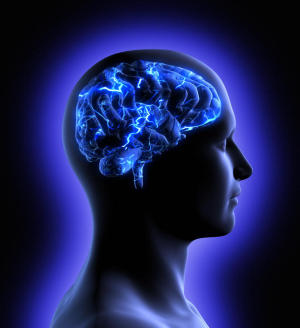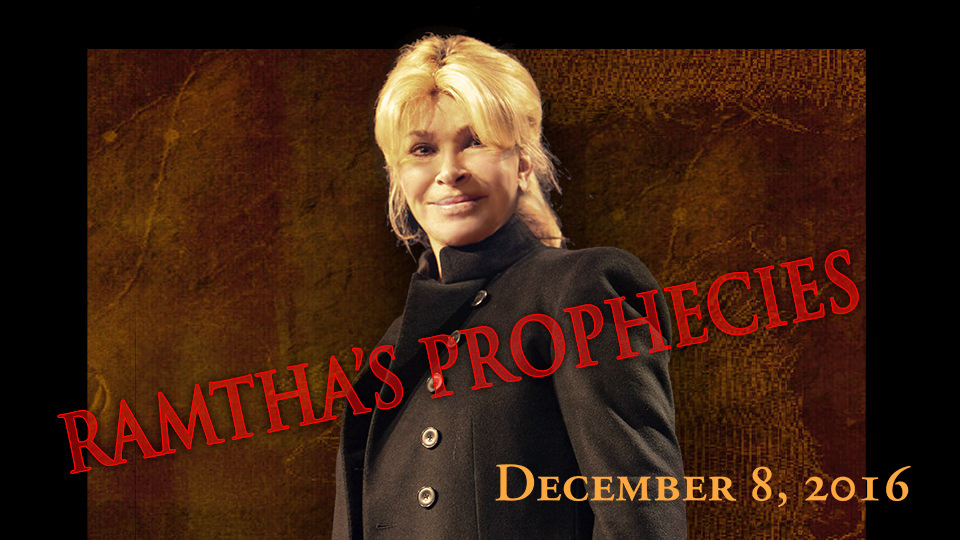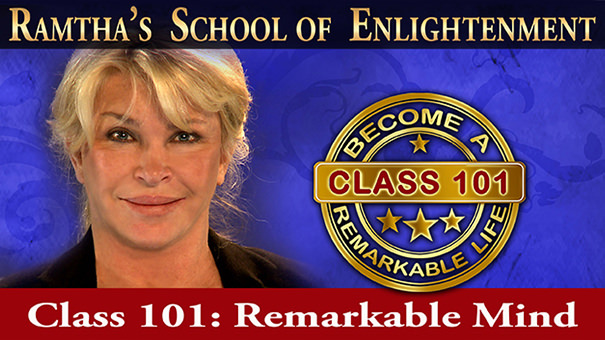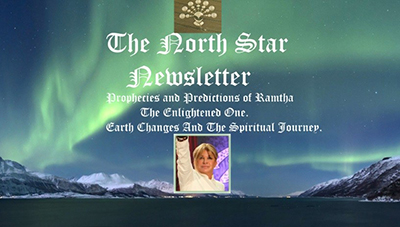“Hypothalamus: Brain Region May Hold Key to Aging” –
Ramtha on the role of the hypothalamus – from 1999

While the search continues for the Fountain of Youth,
researchers may have found the body’s “fountain of aging”:
the brain region known as the hypothalamus.
(Credit: © James Steidl / Fotolia)
– “Researchers may have found the body’s “fountain of aging”:
the brain region known as the hypothalamus.”
“For the first time, scientists at Albert Einstein College of Medicine of Yeshiva University report that the hypothalamus of mice controls aging throughout the body. Their discovery of a specific age-related signaling pathway opens up new strategies for combating diseases of old age and extending lifespan.
The paper was published today [May 1] in the online edition of Nature,” quoting Science Daily.
Read more
Click here for the paper in Nature.
– “The body’s “Fountain of Youth” could lie in the brain”
Read more by Darren Quick in gizmag.com.
– Ramtha on the role of the Hypothalamus – from 1999
“A thought is always followed by a program from the hypothalamus to the pituitary, then from the pituitary back to the hypothalamus, into the midbrain, and then all the way down the body. That means the thought is being recorded chemically. When it is transferred into chemistry, you call that a feeling, a rush. And that feeling is what you feel from the thought.
What we call a closed system or an attitude is the thought, the duplicate of the thought in biochemistry, and the feeling going back up to the brain to connect back into the thought. That is laid down as long-term memory. We call that an attitude.”
“Here is the secret. Focus on anything with emotions and all you are going to get are the emotions in the reality you just focused on. That is problematic because you burn out your adrenals, you burn out your thyroid, you burn out your pancreas, and you burn out your hypothalamus. Your pituitary stops creating those seven levels of hormones. You start to burn out the fountain from which they all come.
What does that mean? It means that you think in terms of emotions, and that is not the way you should be thinking. Every great master learns that. It is so obvious but it takes a very astute being who contemplates themself to discover that secret.”
– Ramtha
Secondary Retreat
Yelm, WA.
“Rite of Confession: New Emotion”
March 27, 1999



